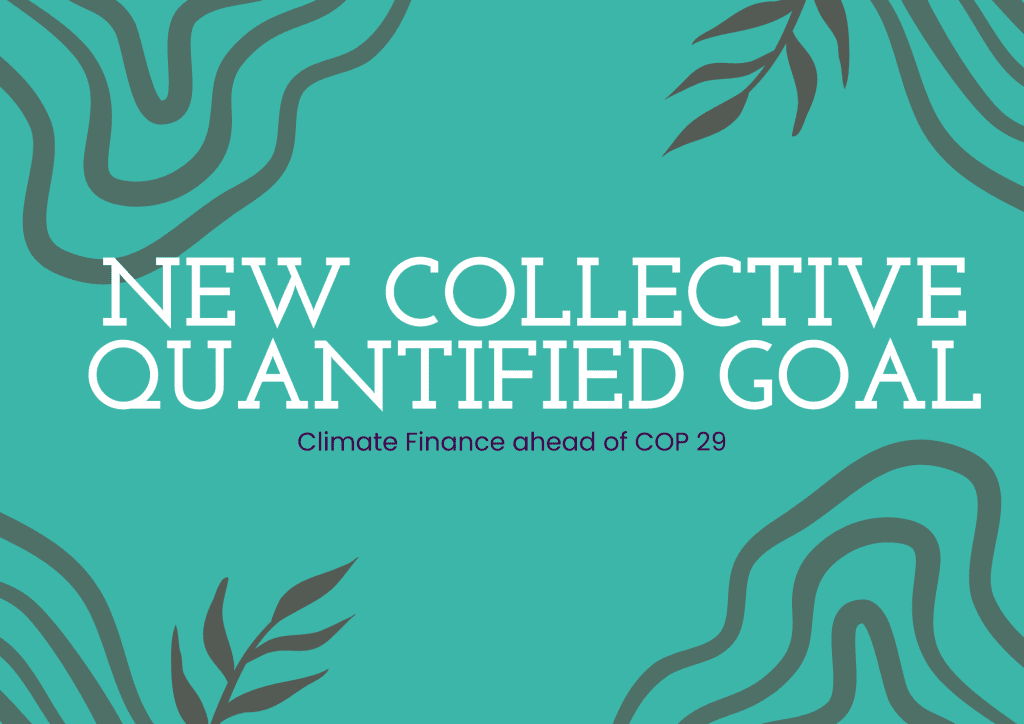|
Getting your Trinity Audio player ready...
|
African Ministers, through the African Ministerial Conference on the Environment (AMCEN), have called for a New Collective Quantified Goal (NCQG) on climate finance.
The group proposes that the new target be set at no less than $1.3 trillion per year for developing nations, starting in 2025. This replaces the previous commitment of $100 billion per year, which developed countries pledged in 2009.
Both AMCEN and the Ministers from Least Developed Countries (LDCs) emphasized that climate finance should be provided in the form of grants, not loans, to avoid worsening the debt burden.
To prevent the issues associated with previous pledges, they stressed that “the “new finance goal is to contain predictable, time-bound and reliable financial commitments from each developed country”.
The LDCs under the Lilongwe under the Lilongwe Declaration on Climate Change 2024, want the new climate finance goal to be “science-based and reflective of the developing countries’ actual climate needs through increased public finance, predominantly delivered as grants”.
Under the Lilongwe Declaration on Climate Change 2024, LDCs are calling for a climate finance target that is science-based and accurately reflects the actual climate needs of developing countries. The LDC Ministers further estimated that at least $1 trillion is needed to implement their current climate goals and stress that only concessional finance should be considered climate finance, with an emphasis on ease of accessibility.
Evans Njewa, Chair of the Least Developed Countries Group, explained that “we want COP29 to deliver a bold commitment to address climate change. This is not just about promises; it’s about providing the resources needed to protect the lives and livelihoods of millions on the frontlines of the climate crisis. The LDCs are calling for an ambitious New Collective Quantified Goal (NCQG) on climate finance that reflects the actual financial needs of developing countries, ensuring they can implement their NDCs, adapt to climate impacts, and address loss and damage.”
Ghana’s President, Nana Akufo-Addo, has criticized developed countries for failing to meet their $100 billion climate finance promises, highlighting their significant contribution to climate change.
An analysis by the Climate Policy Initiative of climate finance flows in Ghana shows that an annual average of “USD 830 million was tracked in 2019 and 2020” and the “two largest contributors to GHG emissions in Ghana (the AFOLU and energy sectors) accounted for more than 53% of total climate finance in Ghana.”


